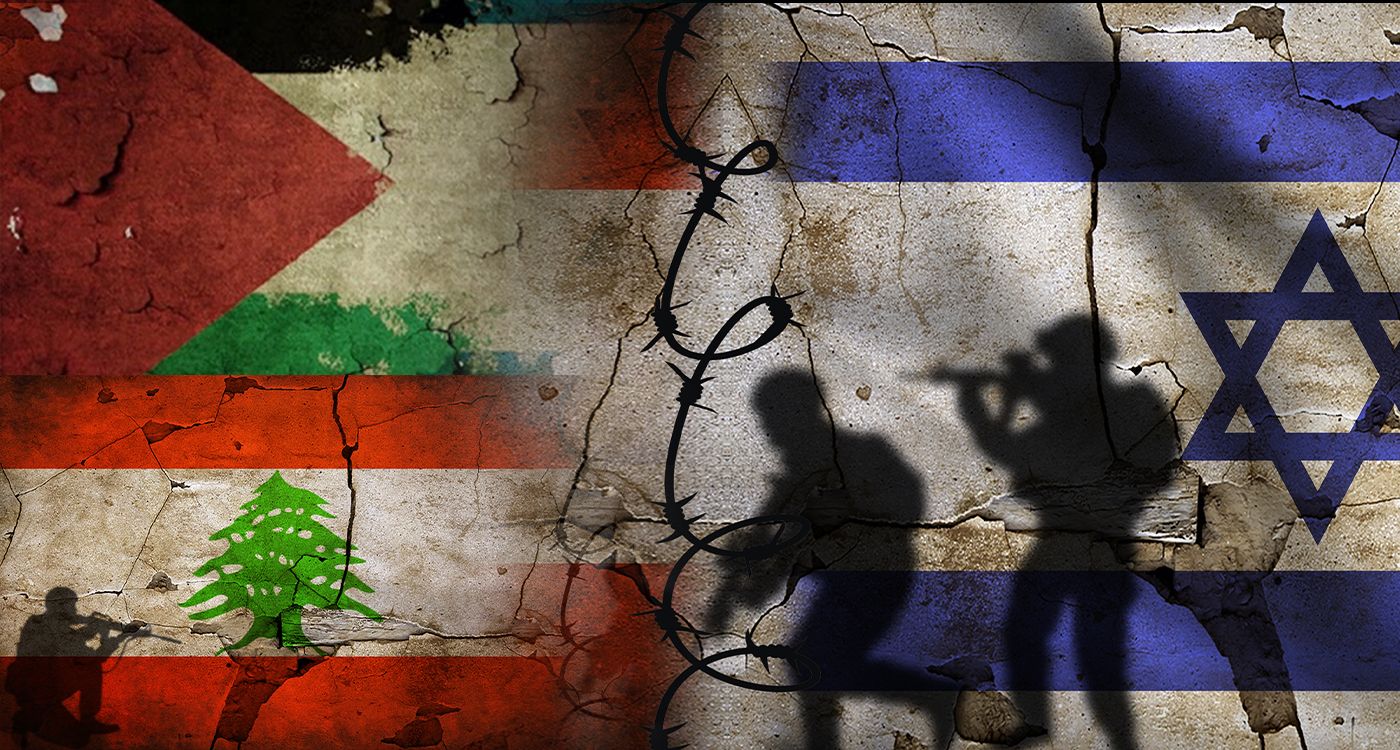
There is a significant distortion in some political concepts within the context of the Arab-Israeli conflict, which has taken new and dangerous turns in recent months following the events of October 7, 2023. A key aspect of the ongoing conflict in the Middle East, with all its complexities and challenges, is the battle over narratives. It is well known that Israel's propaganda mechanisms are powerful, extensive and highly effective in reaching global public opinion.
This strong dissemination of the Israeli narrative does not stop at public opinion. Still, it extends to decision-making circles in major capitals, which provide unwavering support to Tel Aviv without even considering alternative approaches to these issues. These policies have been in place for decades and have become a critical part of Western countries' political stances. As a result, revisiting these positions has become almost impossible for Western decision-makers.
The spread of social media has indeed changed some dynamics, offering young people vast spaces to express their opinions and enabling any person in the field to capture events with their mobile phones and broadcast them live. However, this does not diminish the fact that Israel's management of its media and promotional networks remains deeply rooted and widespread, unaffected in the short term by these popular trends of outrage on social media platforms.
One of the most prominent slogans that Israel has relied upon, especially in the context of the wars it wages (and it is often the aggressor in these conflicts), is "the right to self-defense." This slogan is repeated consistently in the rhetoric of its officials.
The logic behind the repetition of these statements is that terrorist groups are aiming to eliminate Israel and that Israel is only acting in self-defense. This slogan is often accompanied by another, stating that the Israeli army is "the most moral army in the world."
Notably, Israel previously labeled the Palestine Liberation Organization (PLO) as a terrorist organization, before signing a peace agreement with it through the Oslo Accords in 1993, which took place in the White House under President Bill Clinton.
Similarly, Israel reached a prisoner exchange deal in the early months of the war on Gaza with Hamas, which it also labels as a terrorist organization, and had conducted a similar deal with Hezbollah years ago.
Most Western governments have adopted the Israeli narrative, knowingly and deliberately, and have based their foreign policies on it. Some have even gone so far as to defend Israel more than it defends itself. The irony lies in the fact that Western populations, in Europe and at American universities, among others, have rejected the Israeli war on Gaza and now on Lebanon, with numerous demonstrations attended by hundreds of thousands. Yet, these movements have not led to any significant change in the policies of their governments, raising fundamental questions about the functioning of democratic systems and the paths to change within them.
What is certain is that the entire Middle East is on the edge of a volcano, and the upcoming changes will be substantial and profound.




Comments